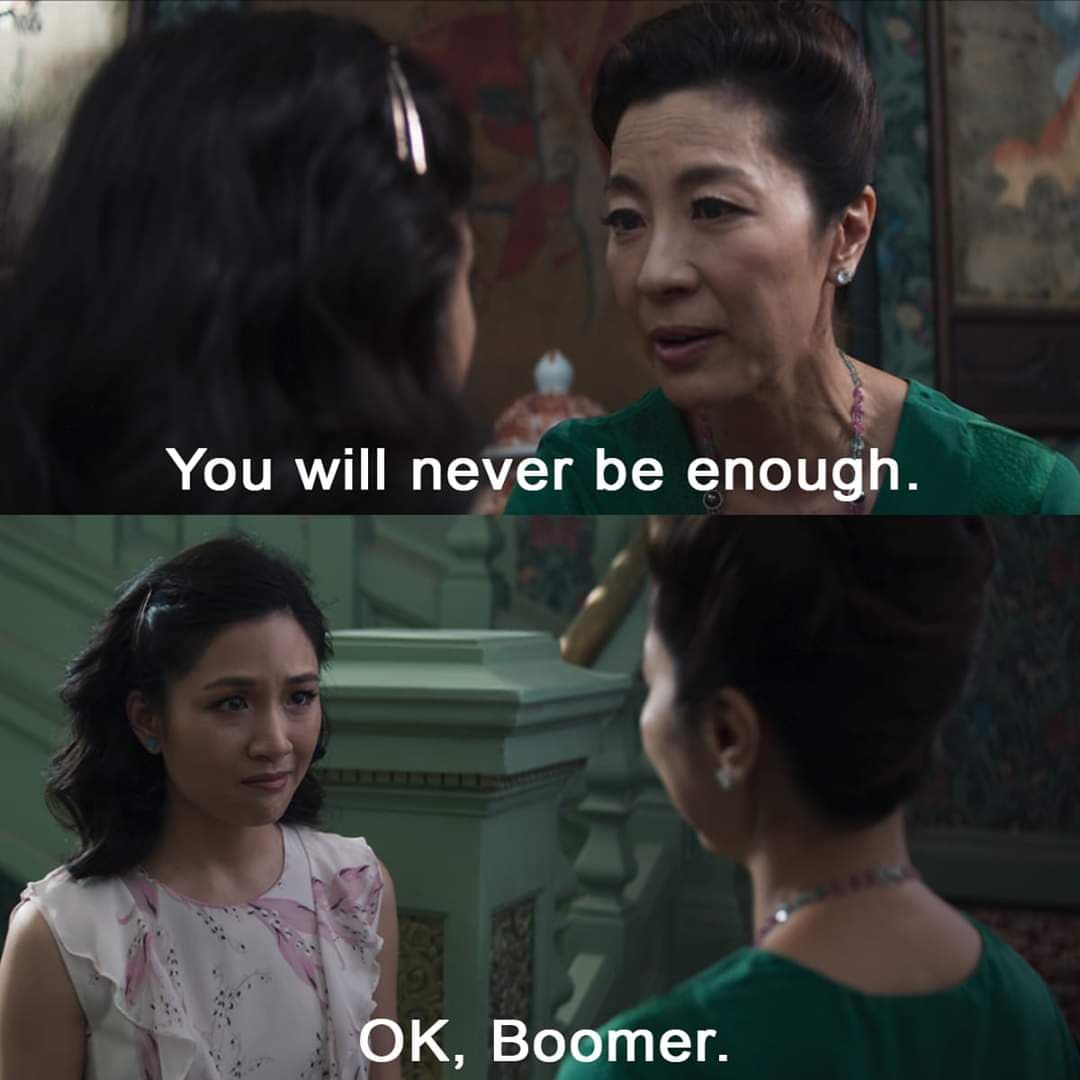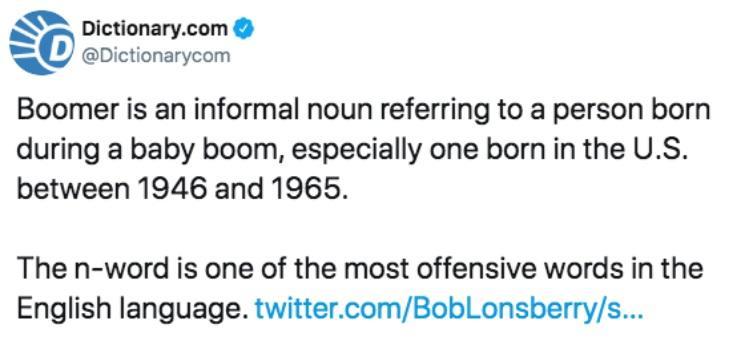To all the Boomers and all the aggrieved generations that came after them,
I am writing this as someone who was born after 1965. I’m from the culture who created “Ok, Boomer” and turned it into a rallying cry. Our voices are deafening on social media, but all the formal articles you’ll see around are written by the boomers themselves. Some of these articles have very valid points. Some of them contain arguments that just show why we crafted this response in the first place.
What is common to both is that they contain many misconceptions about the why behind internet culture’s latest creation. One of the main criticisms of “Ok, Boomer” is that it doesn’t leave room for discussion.
So let’s talk.
Origin of “Ok Boomer”
For those who are reading this article without any foreknowledge of what “Ok, Boomer” is, here is a quick overview of how we have reached this point.
“Ok Boomer” started as a reaction to a video of a Boomer on Tik Tok (a short video sharing app) talking about how younger generations have the “Peter Pan Syndrome” and refuse to grow up. From there, the jibes spread to different social media platforms until it hit the limelight when New Zealand politician Chlöe Swarbrick shot back with “Ok, Boomer” at a colleague who was repeatedly interrupting her during a discussion about climate change.
While “Ok, Boomer” started in American online culture, it’s clear that the words have been adopted by Millennials and Generation Z from all. over the world. It’s also been used in the Philippines against Teddyboy Locsin when the politician made profane tweets against a reporter.
What It Actually Means
Misconception 1: It’s an attack on age.
By the strictest definition, a boomer is someone born between 1946 and 1964 with a few years give or take, but I’m sure the jibe has been used against people who do not fall into that age range.
That’s because it’s not about age — it’s about attitude. “Ok, Boomer” is an attack on close-mindedness. It’s a response to outdated arguments and for beliefs that are downright out-of-touch with reality. Most of the time, those arguments tend to come from Boomers, hence the term.
Misconception 2: It’s against the privilege of the older generation
There was a point made that #NotAllBoomers are wealthy and privileged and that many find themselves with some of the same economic struggles as Millennials and Generation Z.
While Boomers do make up a majority of political and corporate leaders, the rest should be innocent in all this right?
But it’s not the privilege of Boomers that we’re against either. Some of them do have privilege, but we know many also don’t. “Ok, Boomer” is a reply for when Boomers assume the world still works the way they remember it and chastise other generations for not being able to do what they did.
For example: “This generation is so lazy. I worked part-time all throughout college”
These days, even college graduates would be hard pressed to find a job, but there are Boomers who find it hard to accept that.
Misconception 3: It blames the older generation for all misfortune
Millennials and Generation Z tend to look towards the older generations when talking about issues of climate change and economic downturns. Even I would have to admit, the blame put on them is sometimes exaggerated. Plenty of these complex issues are the result of the actions of a few, and not every Boomer should be given fault.
The blame game helps none of us, and we should all be looking for a way to move forward instead. The younger generations (like mine) must also remember that Boomers were not raised on discussions of climate change and carbon footprints the way we were. While we see environmental issues as world issues, the severity of this situation is something that most people are just beginning to grasp. We forget that they did not live in the same age we do, surrounded by information and constant dialogue.
It does not excuse the instances were older gens refuse to see the facts, but both sides need to have a little more patience in order to understand each other.
Misconception 4: It’s the equivalent of racial slurs
The dictionary itself has a very succinct response to this claim:
Now that they’ve clarified all this, it’s time to start on why. One of the last points made earlier was about having the patience to communicate, so why don’t we all sit down and talk? Why don’t we explain the situation of the world today? Why don’t we talk about all the new knowledge we’ve gained, and why even the Boomers should get involved?
The answer is we tried, and you, Boomer, didn’t listen to us.
“Ok, Boomer” is not a battle cry but a sigh of resignation. At one point, we were desperately trying to make you understand that we are trying to make the most of the world we live in, and that world was very different from yours. We have tried to bring up study after study, but that meant very little to you. We tried to use facts, research statistics, and give you news articles to prove to you that the world you knew was different.
But we started to realize you didn’t care.
We never meant to insult, but you never planned on respecting us. You used to dismiss us by saying we’re too young to understand, and the only time you acknowledged us was when we stopped listening to you. Yes, we are young, and that is why we can’t afford to remain silent over the future we’re forced to inherit.
If you’re still upset, then talk to us. That is all we’ve wanted. You’ll find many of us still very eager to be given a chance to explain, but I hope you can really, truly, listen. If not, then that’s alright.
We are done proving ourselves to you.






